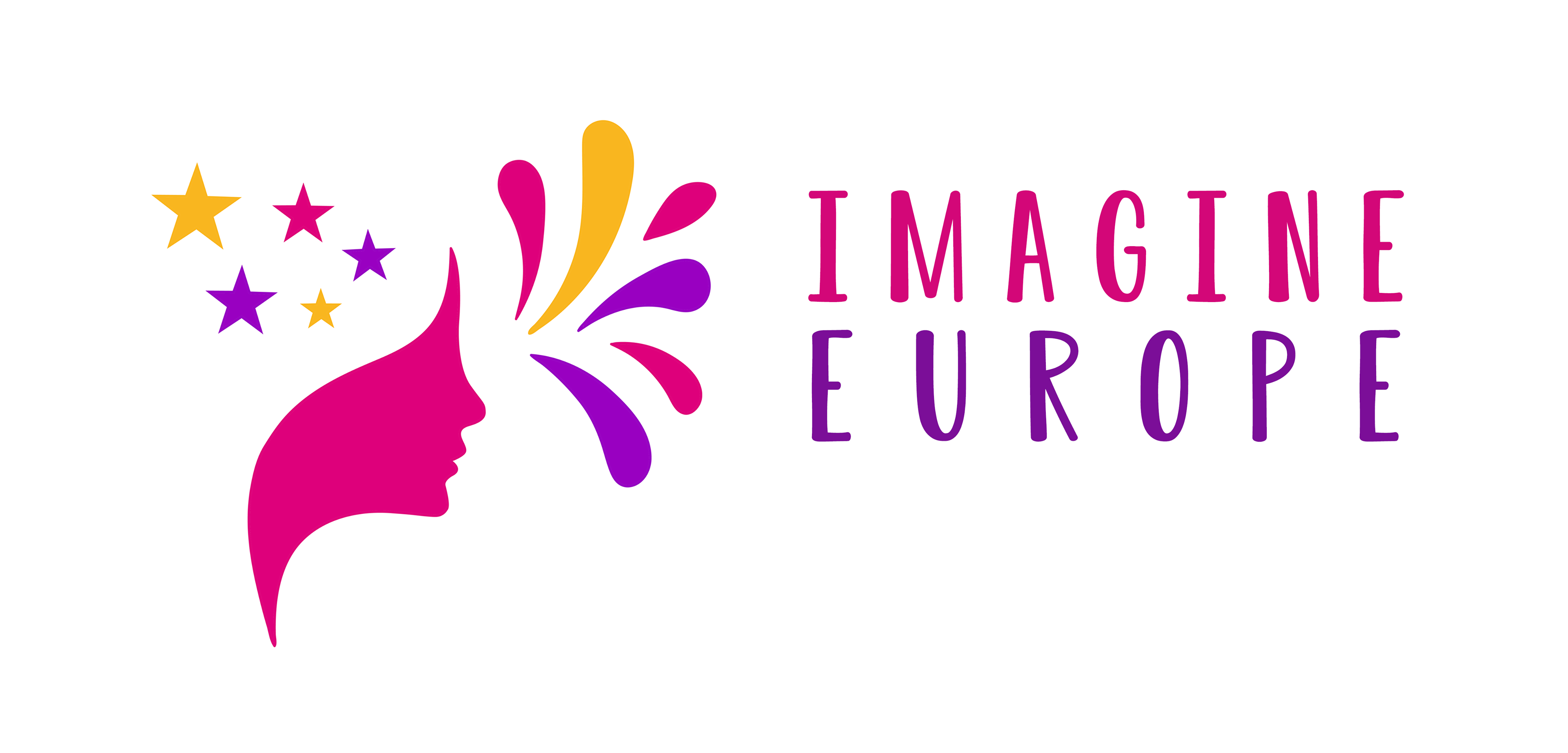By 2050 Europe's population will change. The increase in life expectancy and the decline in fertility rates will make Europe more aged. By 2050, almost a third of Europeans will be 65 or older, compared to a fifth nowadays.
The working population will be reduced and this impact will have to be attenuated by changes in pension systems: for example, align retirement age with life expectancy. Furthermore, the reduction in working population can compromise our ability to maintain the level of economic growth. Therefore, legal migration can help Europe to deal with this problem.
Another change in Europe will be the cities. Today more than 70% of European citizens live in the city and by 2050 they will be 80%. For this reason, it is necessary to adapt the cities! What's the solution? Smart Cities.
Some European cities have already begun to adopt this concept but there is still a long way to go. However, in 2050 it will be normal and all European cities will be. The increase use of automation, artificial intelligence, data-sharing, and sensors by businesses and authorities will improve the efficiency of public and commercial operations, ultimately leading to huge savings.
In addition, smart cities will permit the sharing of government performance data, which will increase the transparency and, consequently create a closer relationship between citizens and the government, increase civic engagement and trust in city officials.
Smart technologies will enable the creation of water management systems, mobility management tools, and smart energy grids, to improve the efficiency of city operations and services, reducing energy and water consumption, cutting down traffic and congestion, and improving waste management. The use of vehicles will be very restricted in the city centers and there will be a great development in collective transportation. People will save a large number of hours, from reductions in traffic and congestion.
Smart cities will fight back to reduce negative effects in the environment. Smart Cities will have a circular economy where nothing is wasted and the resources are managed in a sustainable way and biodiversity is protected.
Another change in Europe will be the way people live life. In my opinion, people will be so tired of daily routine, new technologies and everything that seems artificial that they will want to step aside and enjoy the moments. They will look for something that fills the emptiness. And what is the Solution? Culture. People will want to visit new places, meet new people, appreciate the beauty of small things, see pieces of art, listen to good music, go to the movies and just walk around without worry about anything.
By 2050, Europe will have a great cultural diversity, so it is important to foster the sharing of experiences and to focus on multiculturalism to create a common identity. The culture will serve to unite all the European countries and all the citizens.
We have the key to the future in our hands. It is up to us to do more and better.






Add comment